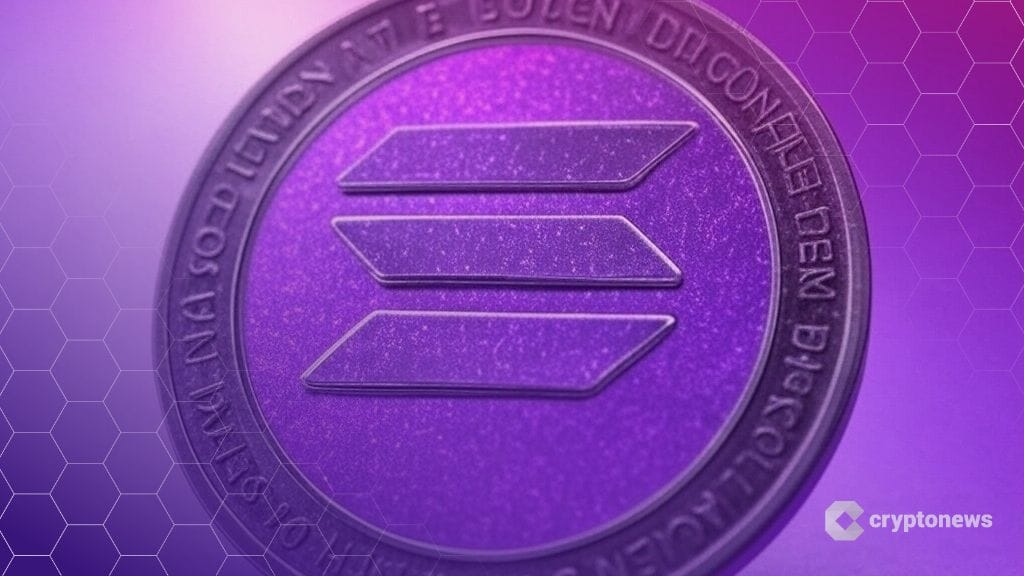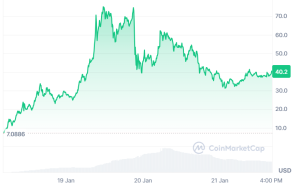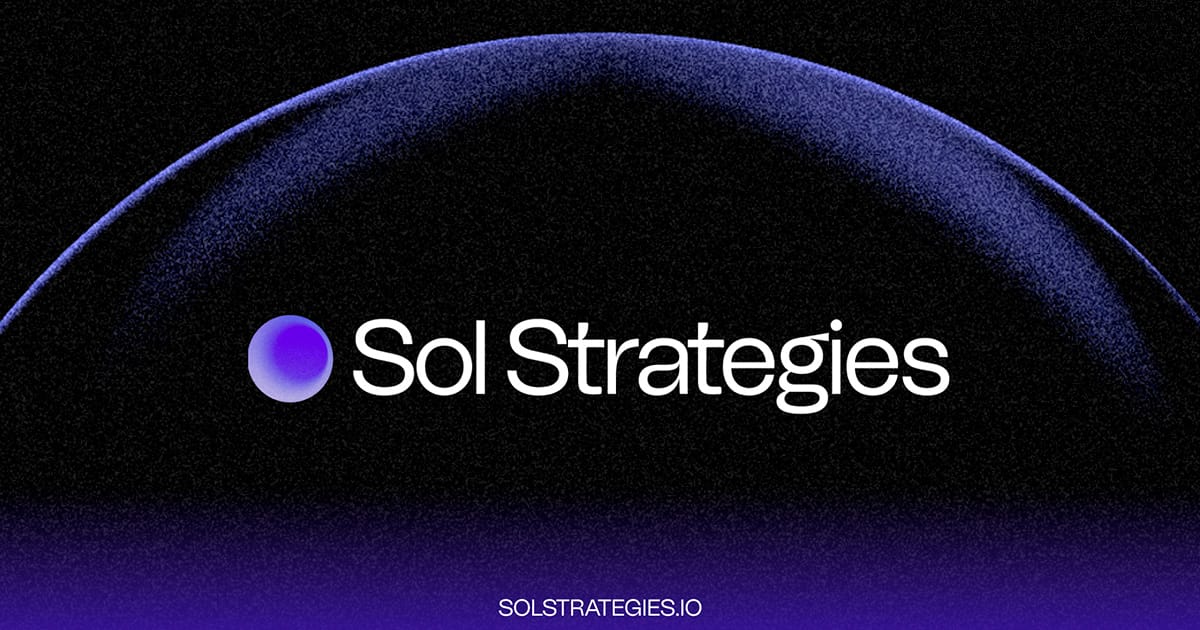Last updated:
 Why Trust Cryptonews
Why Trust Cryptonews

Trillion-dollar asset manager Franklin Templeton launched its tokenized money market fund, Franklin OnChain U.S. Government Money Fund (FOBXX), on the Solana blockchain on Wednesday.
The company has already deployed FOBXX on Ethereum, Base, Polygon, Avalanche, Aptos, and Arbitrum.
As of January 31, 2025, the fund had over $500 million in assets and invested at least 99.5% of its total assets in U.S. government securities, cash, and fully collateralized repurchase agreements.
Franklin Templeton looks to provide institutional-grade money market exposure by leveraging Solana’s high-speed, low-cost infrastructure while maintaining a stable $1 per share price.
This development comes just a day after the firm filed for a Solana Trust in Delaware, a move often seen as a precursor to an official ETF application with the U.S. Securities and Exchange Commission (SEC).
You might also like
Solana Blockchain: Is This the Chain for Real-World Asset Tokenization?
Franklin Templeton’s latest move has added to the growing sentiment about Solana’s emergence as a major hub for tokenizing real-world assets (RWAs).
The blockchain already supports various tokenized assets, including private credit funds (Libre), government bonds (Etherfuse), real estate (MetaWealth), and commodities (dVIN Labs and BAXUS).
Franklin Templeton’s involvement adds further legitimacy to Solana’s claim as a leading network for RWAs.
With its high throughput and low transaction costs, Solana is seen as the right tool to tokenize traditional assets.
Franklin Templeton’s decision to bring FOBXX to Solana suggests growing institutional confidence in the network’s long-term ability.
Meanwhile, this development aligns with a broader industry trend in which major financial institutions are exploring blockchain-based solutions to enhance liquidity and transparency in traditional markets.
BlackRock’s CEO, Larry Fink, has been a strong advocate for tokenization.
In a recent interview with Bloomberg at the World Economic Forum in Davos, he stated that tokenizing bonds and stocks could democratize investing in ways we can’t yet imagine.
Institutional Adoption and Solana’s Future Prospects
Franklin Templeton’s expansion into Solana reflects a broader shift in institutional interest toward blockchain-based financial products.
The firm’s latest initiative strengthens Solana’s position as a leading blockchain for tokenized securities, with expectations that more traditional financial institutions will follow suit.
This sentiment is shared by industry leaders, including SkyBridge Capital founder Anthony Scaramucci, who recently stated that Solana is well-positioned to win the tokenization race.
Speaking on CNBC, Scaramucci mentioned that Solana’s efficiency and low transaction costs make it the ideal blockchain for tokenizing stocks, bonds, and other real-world assets.
His remarks align with Franklin Templeton’s belief that Solana will become the third-largest cryptocurrency, trailing only Bitcoin and Ethereum.
As mentioned earlier, this latest decision followed a recently filed Solana Trust in Delaware. Franklin Templeton joined Canary Capital and Grayscale in the race for a Solana spot ETF.
If approved, the ETF would offer institutional investors regulated exposure to Solana (SOL). The SEC has already acknowledged Canary Capital’s Solana ETF application, triggering a 21-day review period, while VanEck initiated the trend with its June 2024 filing.
The SEC’s stance on crypto ETFs has evolved since it approved Bitcoin spot ETFs in January 2024 and later extended them to Ethereum ETFs.
Now, firms compete to launch ETFs for other cryptocurrencies, such as Solana and XRP.
Franklin Templeton has also advanced its Bitcoin-Ether ETF, pending SEC approval since September 2024.
Analysts project a 70% chance of Solana ETF approval, with final decisions expected by mid-March 2025.




